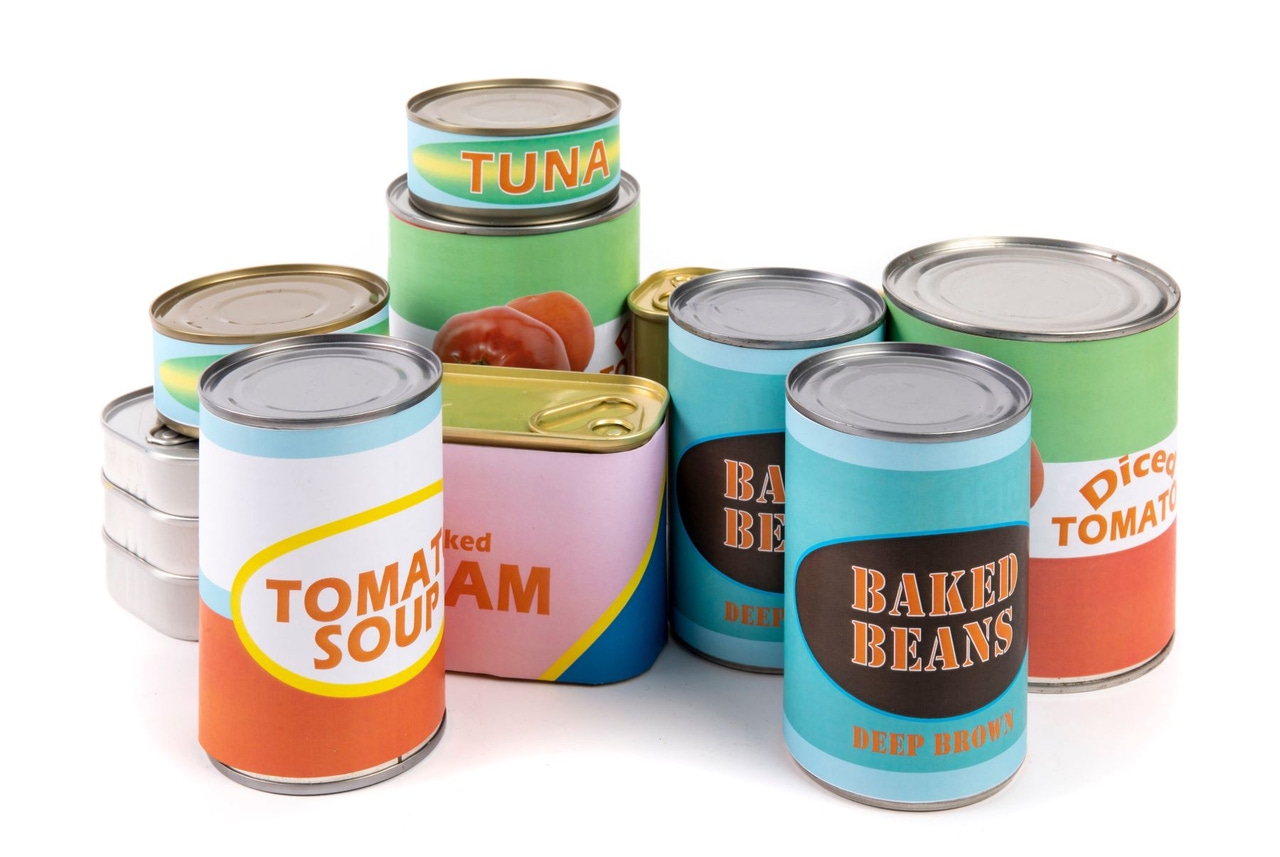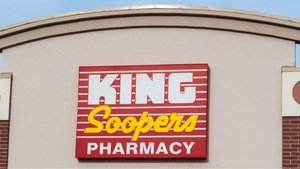Private-label brands are becoming an increasingly big dealPrivate-label brands are becoming an increasingly big deal
With inflation surging and customers hunting for value (as well as exclusive products), grocers said they plan to significantly up their investments in private brands, according to new research from FMI-The Food Industry Association.

Many retailers have credited increasing sales of private-label brands with helping them navigate recent inflationary pressures.
Expect private labels to grab an even bigger share of the grocery business in coming years, at least according to a survey of food retailers released Thursday by FMI-The Food Industry Association.
Eighty-three percent of those surveyed said they plan to moderately or significantly increase their investments in private brands. And retailers said they’d like to increase the penetration of private brands in their stores from 18.2% to 22.6% over the next two years, an increase from previous FMI research.
“A factor that may help drive this ambitious growth is potentially higher consumer demand resulting from the challenging U.S. economy, in light of inflation and the prospect of recession,” FMI said. “Consumers often gravitate to private brands in tough economic times … If significant share growth does occur, the industry will need to consider strategies to hold onto the higher shares when the economy improves.”
Earlier this month, Cincinnati-based Kroger reported a 10.2% increase in private-label brand sales for its second quarter, saying it was a big reason for its strong overall performance during the period.
One big potential area of private-brand growth for retailers? Digital channels.
Currently just 60% of grocers’ private-brand offerings are available on e-commerce platforms, FMI found, and only 6.5% of private-brand sales happen online. That number, though, grew 13.7% last year.
“Supply chain issues have made it impossible to make all products available,” FMI said. “Retailers avoid adding certain private-brand products to their e-commerce sites due to challenges obtaining accurate images.”
Grocers said they could boost sales of private brands online by making sure digital search functions prioritize private-brand offerings, ensuring product images are compelling, tagging items for specific search attributes such as “health” and including product reviews, among other strategies.
To promote in-store sales of private-label brands, grocers said they could create endcaps and eye-level displays, as well as cross merchandising, more and better signage and product sampling.
Retailers noted an interesting divide in private-label sales between products that offer the best value for consumers and those that purport to provide a “premium” experience.
Sixty-nine percent of those surveyed said premium private-label categories have a big opportunity for growth, followed by those with “simple, clean ingredients” (60%), price/value (56%), prepared meal solutions (42%), e-commerce home delivery (35%), health and well-being (33%) and fresh foods such as bakery and deli (33%).
“Industry responses underscore the importance of staying on trend and focusing on consumer needs in private brands,” FMI said.
To grow private-brand sales, food retailers will need to look for new product lines, such as meals and fresh foods, FMI said. It will also require finding ways to boost private labels, even in less-trying financial times.
“The industry needs to commit to growing private brands in good and bad economic times,” FMI said. “Retailers need to examine how to ensure their brands will drive differentiation and customer loyalty to achieve a competitive advantage for their businesses.”
About the Author
You May Also Like






